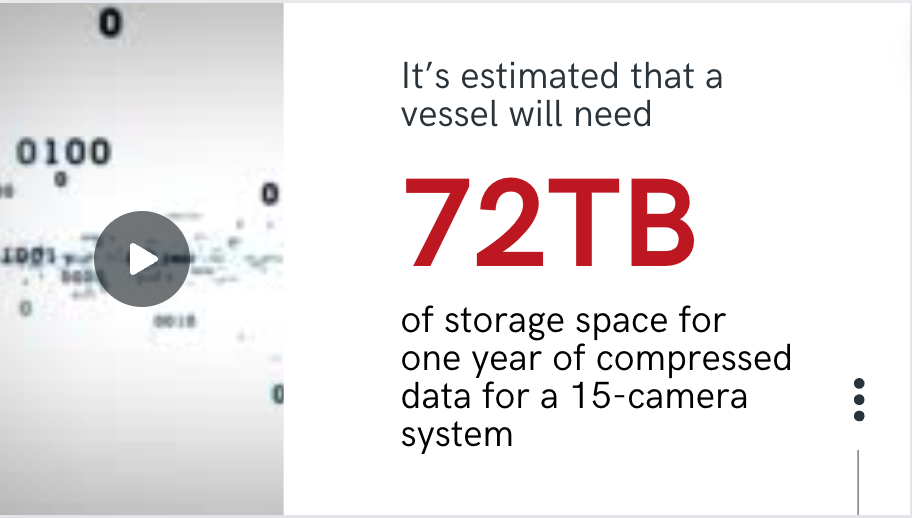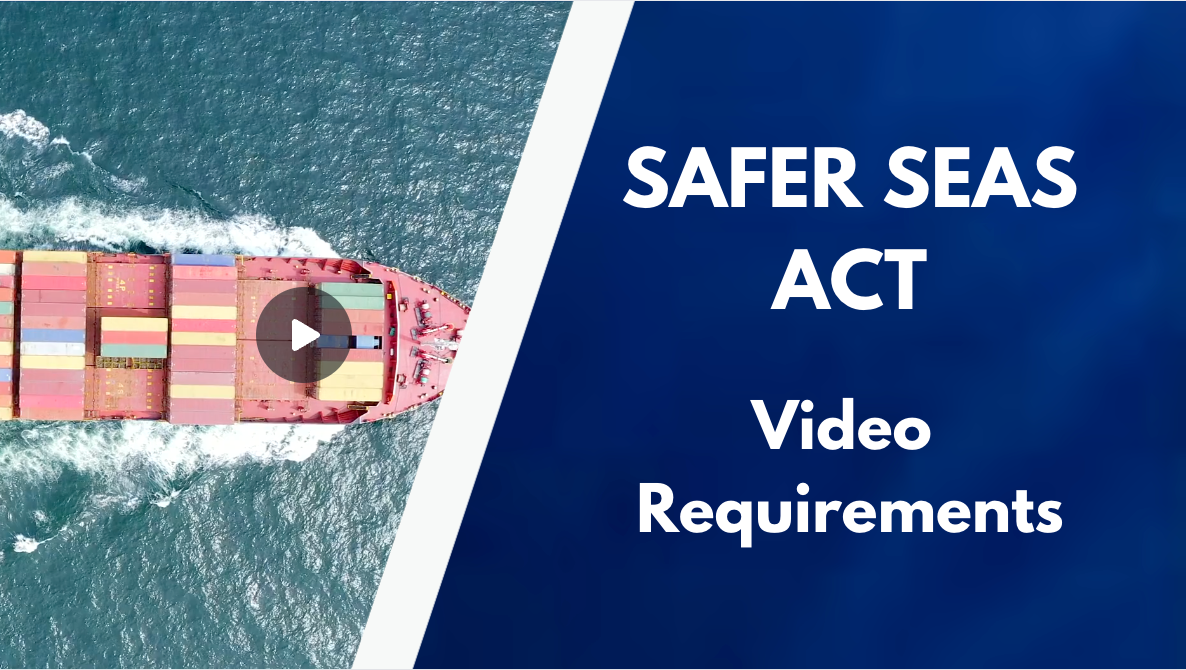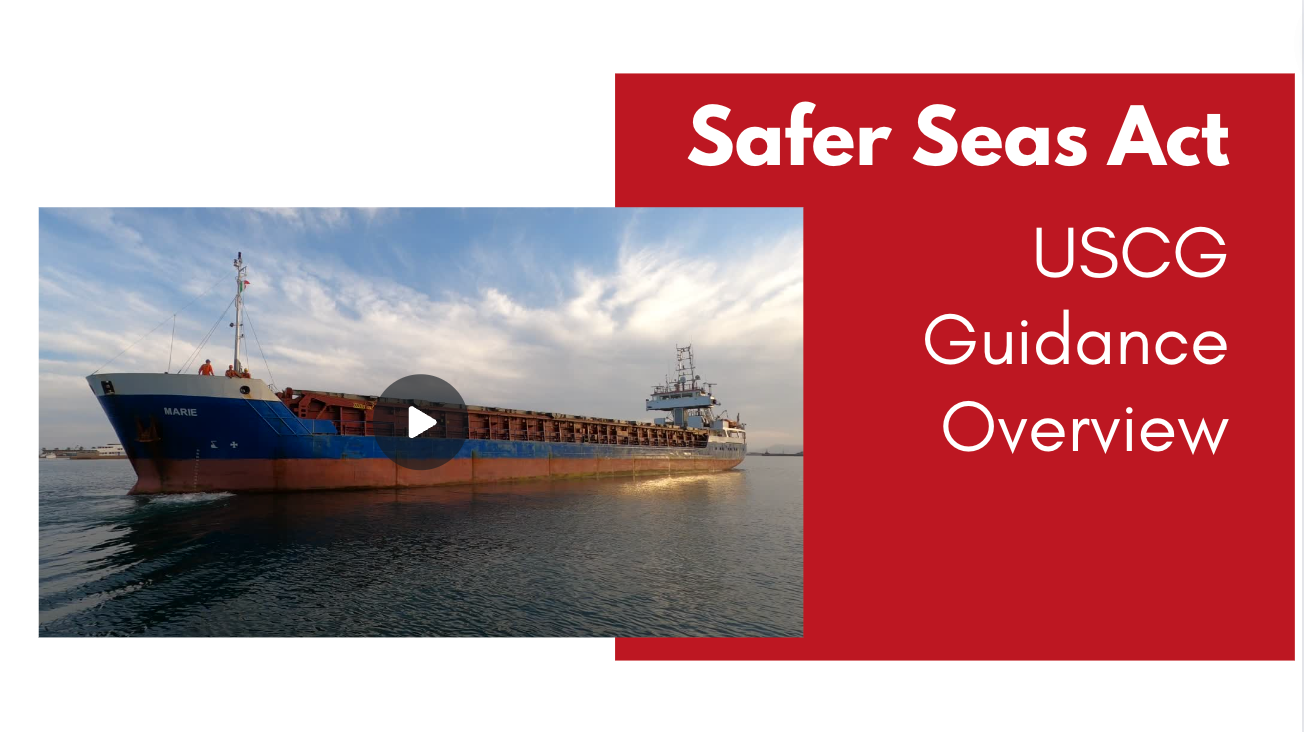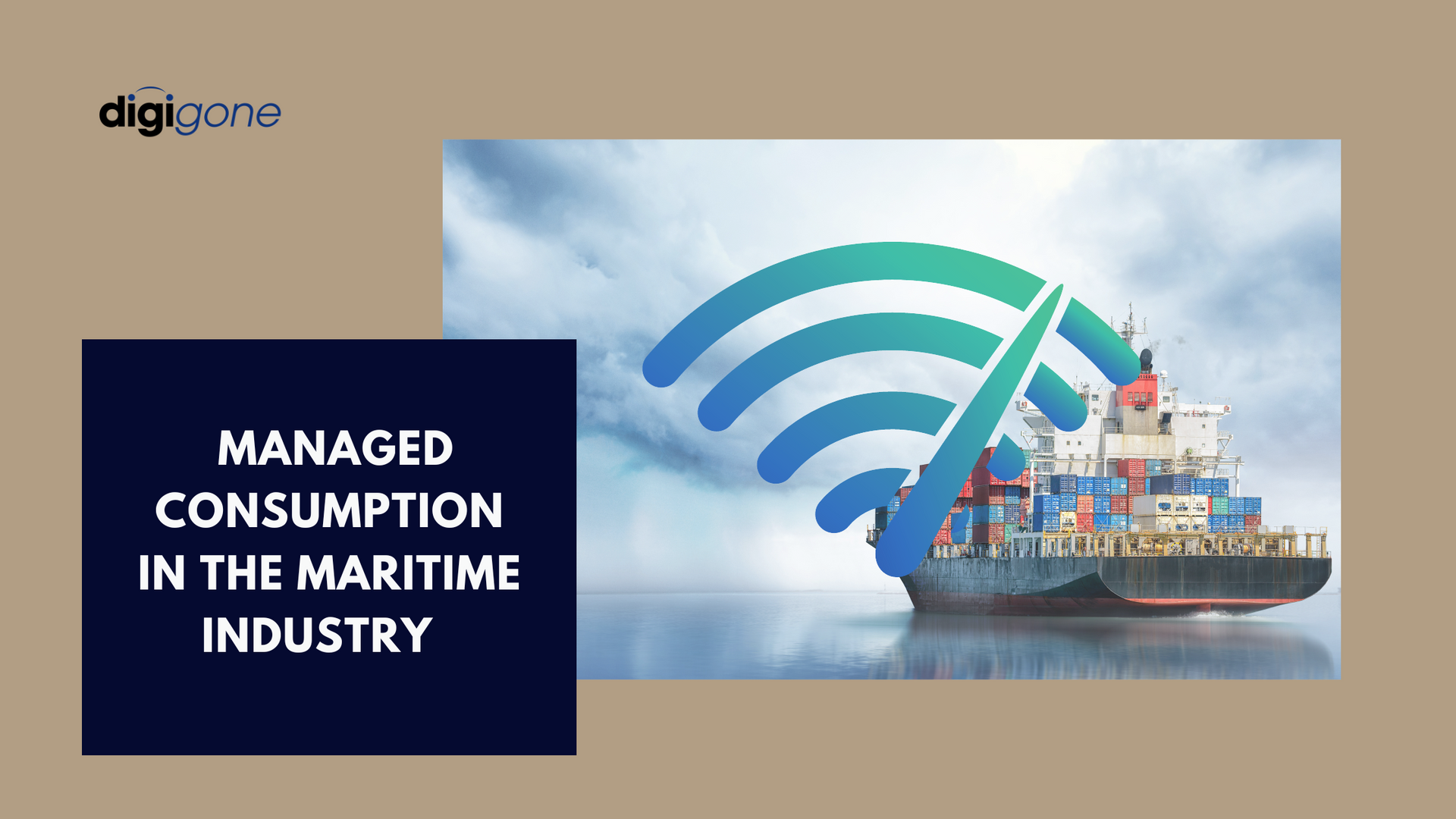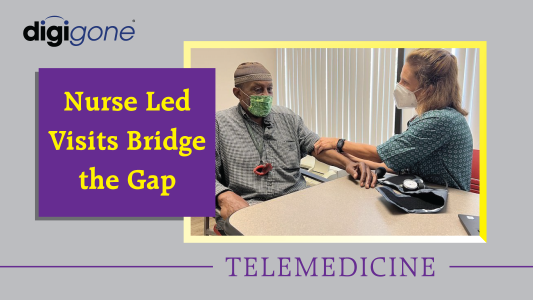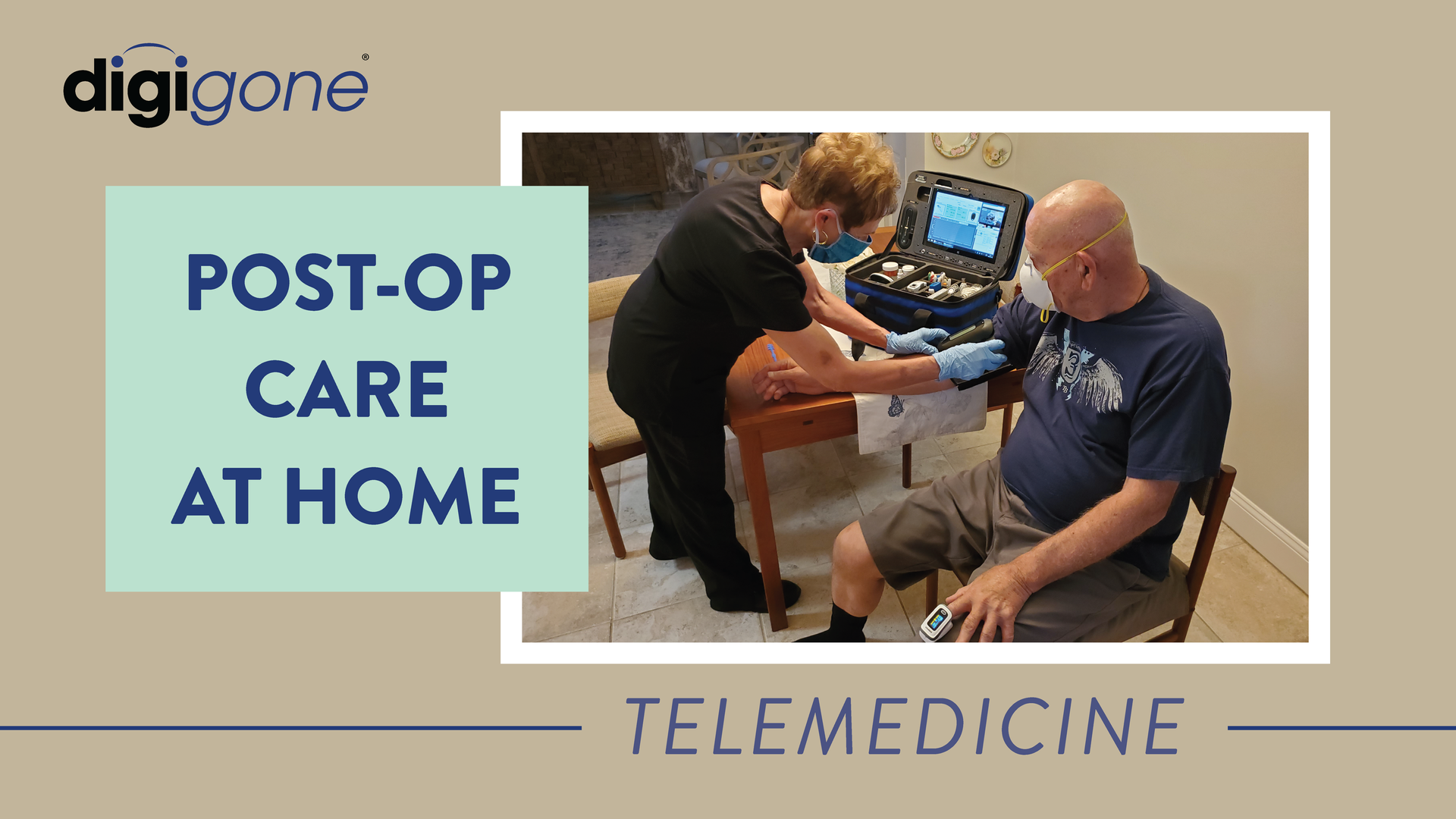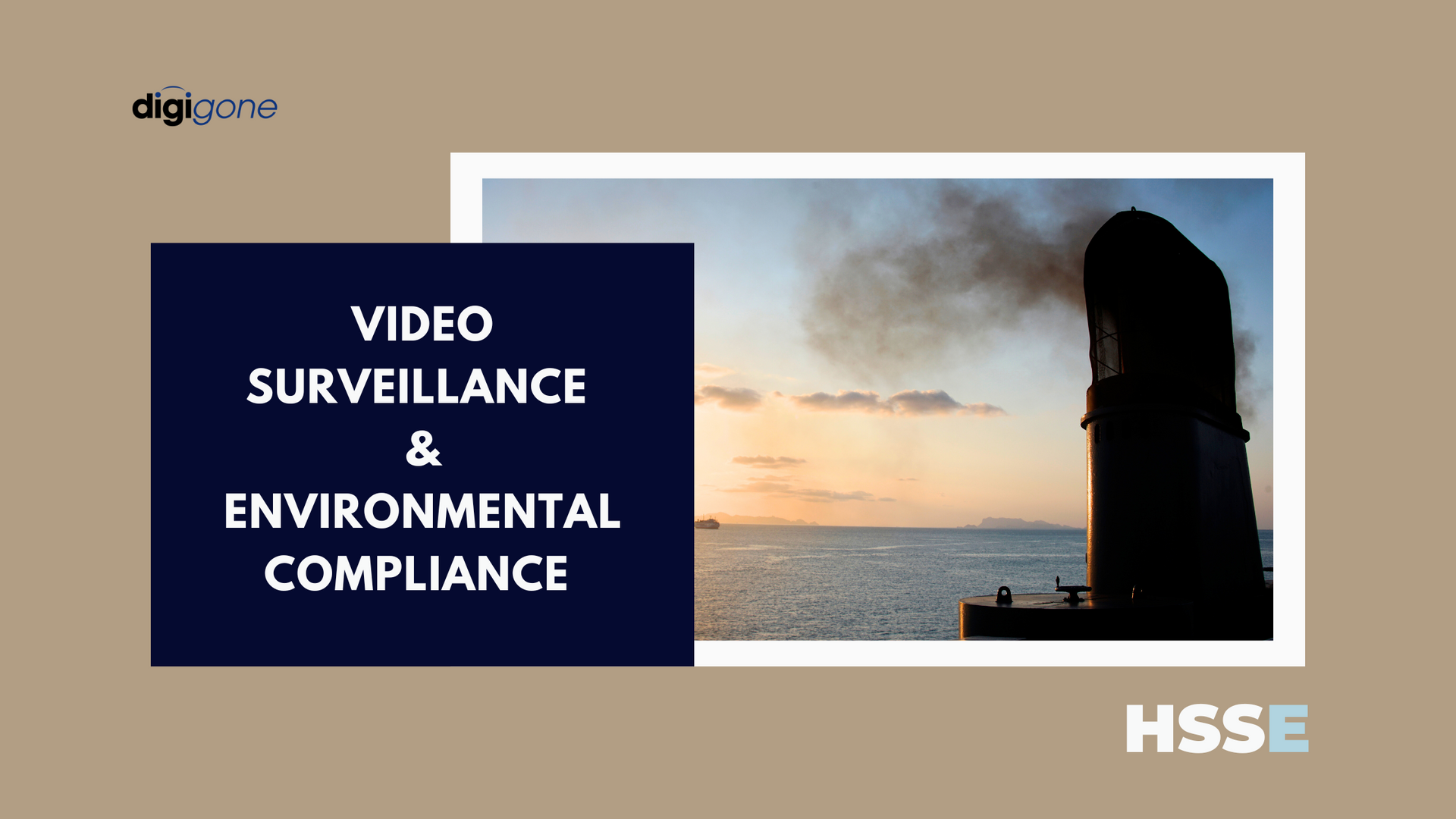Coronavirus Early Detection and Management
DigiGone • February 18, 2020
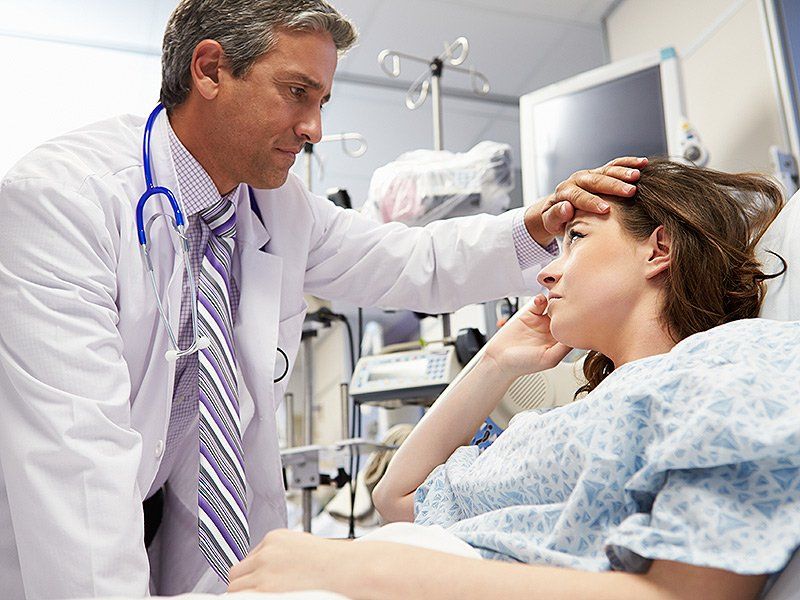
With more than 73,000 cases reported so far and 1,873 deaths, the ripple effect of the coronavirus is starting to be felt far and wide. And while the U.S. State Department has issued a Level 3 Warning
advising Americans to avoid all non-essential travel to China, there haven’t been any other similar health-related travel advisories to other countries.
So, travel continues, as it should. But there are some basic health and safety guidelines everyone could (and should) follow. Particularly those in the yachting community.
Early Detection is Key
While out at sea, wayfarers should keep a vigilant eye on the general health of both passengers and crew. With a telemedicine kit, every yacht has a virtual walk-in clinic on board allowing for early detection. Telemedicine can actually play a unique role in preventing the spread of viruses: By being able to bring the doctor to a patient while in a quarantine-type environment, the chances of infecting others is greatly reduced.
For anyone on board experiencing symptoms -- whether it be a common cold, flu or virus -- a telemedicine kit
allows patients to undergo a medical assessment remotely. With secure video conferencing and real time clinical data, a diagnostic feed can be live-streamed to a doctor, all via encrypted technology.
This allows physicians to recommend, with confidence, the necessary procedures to follow. Everyone on board can feel at ease knowing if someone does get sick, a medical evaluation will take place and the appropriate steps will be taken. Further, this exam may allow the captain, crew and passengers to avoid a time consuming and costly trip to a foreign port.
However, if a patient has specific symptoms
and meets certain criteria, recommendations on what to next can be made by the attending physician on the telemedicine call.
Coronavirus and the Travel Industry
The CDC has released specific guidelines for the travel industry, including airline crews and commercial vessels. Yachting is obviously neither of those, but the information is certainly relevant to anyone who travels extensively.
To reduce the spread of any respiratory infections including coronavirus, the CDC has posted
the following recommendations for crew members and passengers:
● Postpone travel when sick
● Watch their health
● Self-isolate and inform the onboard medical center immediately if they develop a fever (100.4oF / 38oC or higher), begin to feel feverish, or develop other signs or symptoms of sickness
● Use respiratory, cough, and hand hygiene
○ Advise passengers and crew of the importance of covering coughs and sneezes with a tissue. Dispose used tissues immediately in a disposable container (e.g., plastic bag) or a washable trash can.
○ Remind passengers and crew members to wash their hands often with soap and water, especially after coughing or sneezing. If soap and water are not available, they can use a hand sanitizer containing 60%-95% alcohol).”
Managing Sick Crew or Passengers
After a medical evaluation using a telemedicine kit, if a passenger or crew member is suspected of having the coronavirus, the CDC recommends they be quarantined
in their cabins.
Additionally, per the CDC:
“All potentially exposed passengers, cruise ship medical staff, and crew members should self-monitor under supervision of ship medical staff or telemedicine providers until 14 days after the last possible exposure.”
Guidelines for Preventing the Spread of Coronavirus
If you’re traveling with a large group of people, the CDC has set forth these guidelines
to help reduce the spread of viruses:
• Maintain a distance of approximately 6 feet when out in public areas.
• Keep contact or exposure to anyone who is sick as brief as possible.
• Wash your hands often with soap and water for at least 20 seconds OR
• Use at least a 60% alcohol-based hand sanitizer.
• Avoid touching your eyes, nose and mouth.
• Avoid public transportation when in port, travel alone or with your group in a private vehicle.
While we're not sure the full, far-reaching effects of the coronavirus yet, it's best to have guidelines, and certainly a telemedicine kit, in place prior to the first coughs echoing through the cabins.

Telemedicine kits are becoming indispensable tools for home healthcare providers, particularly during transition care medical examinations (TCMs). While the initial TCM is conducted by a physician who generates revenue from the service, the telemedicine kit significantly benefits home healthcare providers by expediting patient registration for their care services. With a nurse or medical assistant deploying the kit, patients can be quickly evaluated and connected with a physician, ensuring all necessary documentation and approvals are completed more efficiently. This faster onboarding process allows home healthcare providers to register more patients in less time, helping them deliver care sooner and grow their services efficiently. The ability to “bring the doctor” to the patient through a telemedicine kit is invaluable in initiating care seamlessly. Once patients are on board, home healthcare providers can continue leveraging telemedicine technology to improve how they deliver services. The kits enable nurses and medical assistants to perform follow-up visits, diagnostics, and real-time consultations without requiring patients to leave their homes. This capability allows providers to optimize their schedules and visit more patients daily, all while maintaining a high standard of care. The efficiency gained means better coverage, smarter use of resources, and happier patients. Beyond efficiency, telemedicine kits help providers build stronger connections with their patients by making care more accessible and personalized. Providers can quickly respond to emerging health concerns, adjust care plans, and ensure ongoing monitoring—all from the patient’s home. This not only leads to better patient outcomes but also boosts the provider’s reputation for being reliable and innovative. By facilitating the registration of more patients and enhancing care once they are onboarded, telemedicine kits are powerful tools that enable home healthcare providers to expand their reach, improve operational efficiency, and thrive in an increasingly competitive market. In a rapidly evolving healthcare landscape, telemedicine kits are revolutionizing how home healthcare providers deliver care, enabling faster patient onboarding, enhanced service delivery, and stronger connections with patients. By integrating this indispensable technology, providers can streamline operations, improve patient outcomes, and position themselves as leaders in care innovation. Don’t miss the opportunity to elevate your home healthcare services. Explore how telemedicine kits can help you expand your reach, optimize your resources, and deliver exceptional care. Contact us today to learn more and take the next step toward transforming your care delivery model.
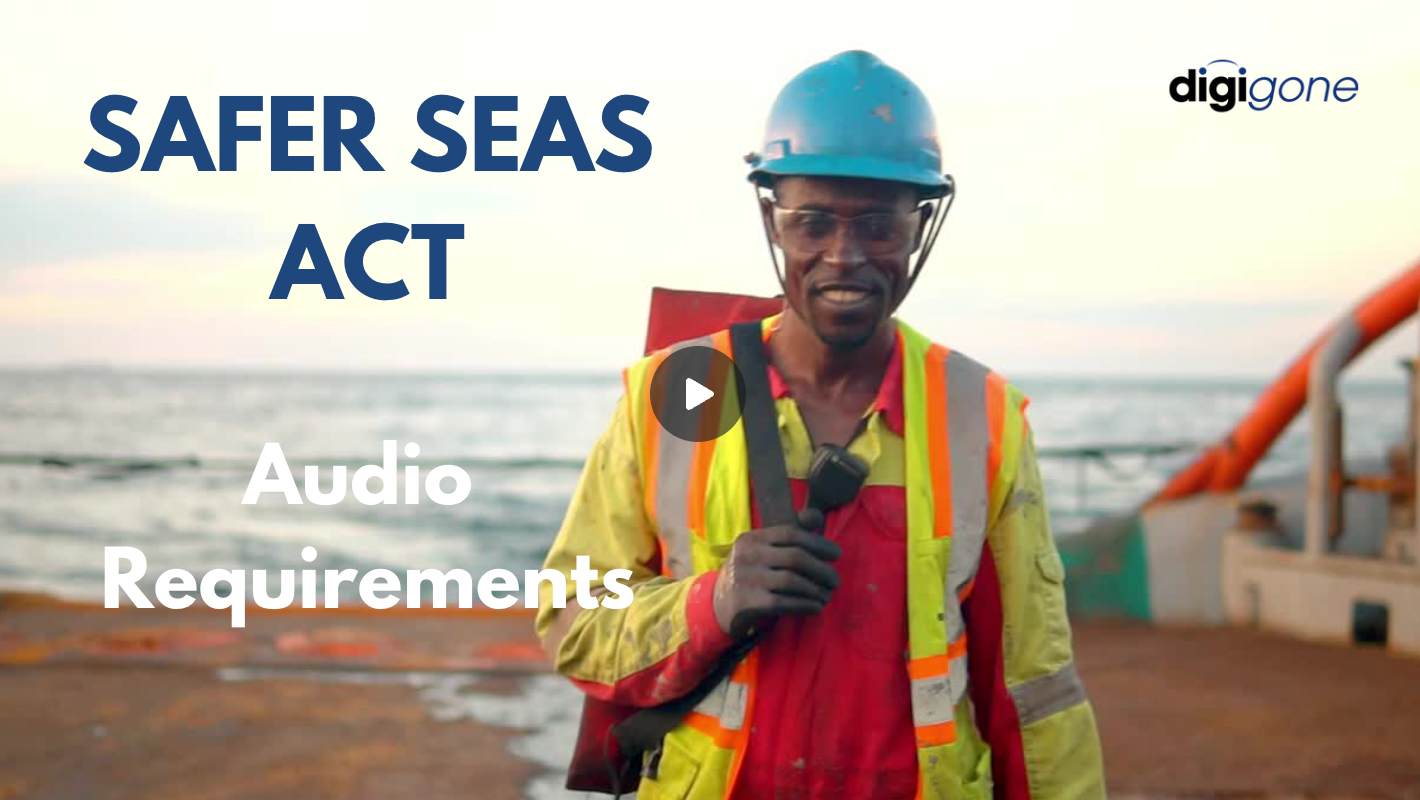
With the new Safer Seas Act, vessel companies must comply with many new regulations by the end of the year. One of those requirements includes audio equipment placed outside of hallways leading to staterooms, which DigiGone can help with. And while this may seem burdensome, these new rules will be good for vessel companies in the long run.



